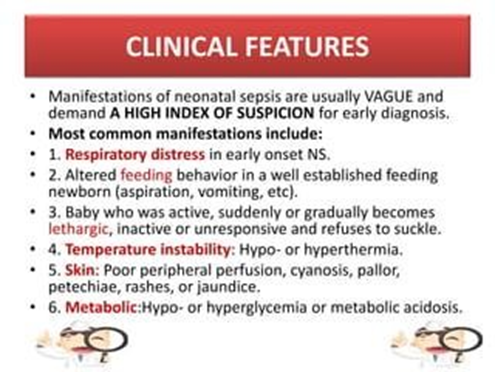The nurse is providing anticipatory guidance for parents of a preschooler regarding sex education. What is a recommended guideline when dealing with this issue?
Before answering questions, find out what the child thinks about the subject.
Expand upon the topic when answering questions to prevent further confusion.
Provide a less than honest response to shelter the child from knowledge that is too advanced.
Be prepared to thoroughly cover a topic before the child asks about it.
The Correct Answer is A
A. Before answering questions, it's important to understand what the child already knows or thinks about the subject to provide developmentally appropriate information.
B. Expanding upon the topic when answering questions may overwhelm the child with too much information and may not be developmentally appropriate.
C. Providing a less than honest response may undermine trust between the parent and child and may not adequately address the child's curiosity or concerns.
D. Waiting until the child asks about a topic may miss opportunities for proactive, age-appropriate education and guidance.
Nursing Test Bank
Naxlex Comprehensive Predictor Exams
Related Questions
Correct Answer is D
Explanation
A. While positioning is important for phototherapy, the supine position may not always be necessary.
B. Restricting fluid intake may lead to dehydration, which is not appropriate, especially during phototherapy.
C. Ensuring the newborn is covered or clothed may interfere with the effectiveness of phototherapy.
D. Covering the newborn's eyes with protective shields or patches while under the bililights helps prevent damage to the eyes from the bright light.
Correct Answer is A
Explanation
A. Correct. Temperature instability, including fever or hypothermia, can be a sign of sepsis in newborns, as it reflects the body's response to infection.
B. Increased urinary output is not typically associated with sepsis in newborns and may have other causes, such as adequate fluid intake or renal function.
C. Wakefulness is a normal behavior in newborns and is not specific to sepsis.
D. Interest in feeding is a positive sign and indicates the newborn's responsiveness to hunger cues, but it is not specific to sepsis.

Whether you are a student looking to ace your exams or a practicing nurse seeking to enhance your expertise , our nursing education contents will empower you with the confidence and competence to make a difference in the lives of patients and become a respected leader in the healthcare field.
Visit Naxlex, invest in your future and unlock endless possibilities with our unparalleled nursing education contents today
Report Wrong Answer on the Current Question
Do you disagree with the answer? If yes, what is your expected answer? Explain.
Kindly be descriptive with the issue you are facing.
